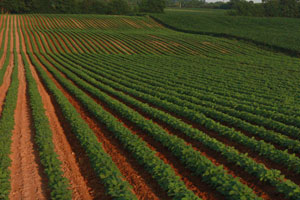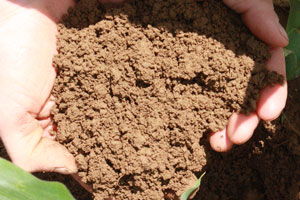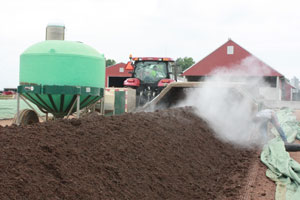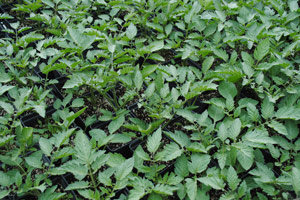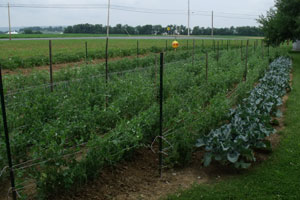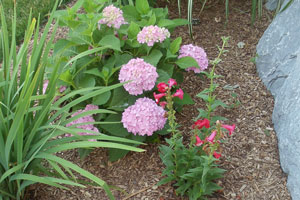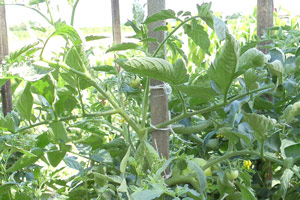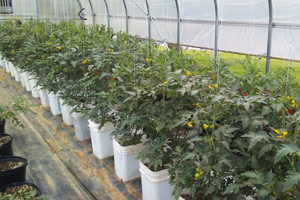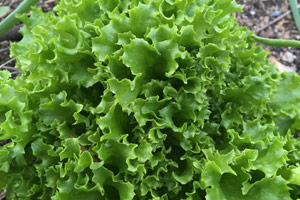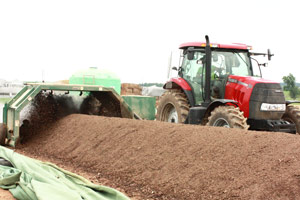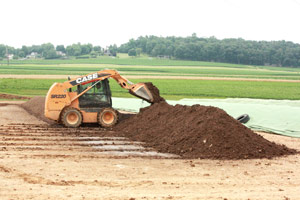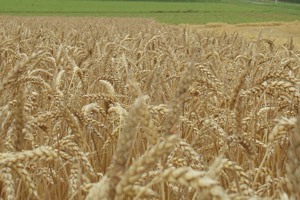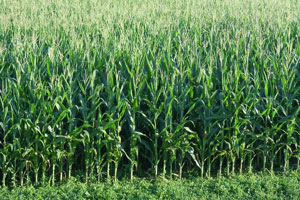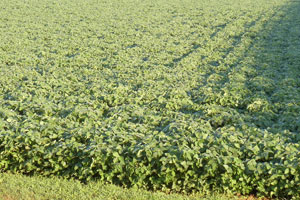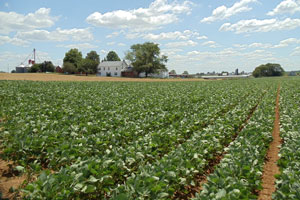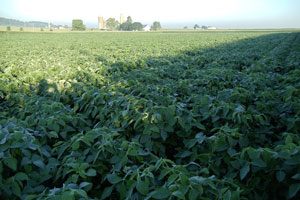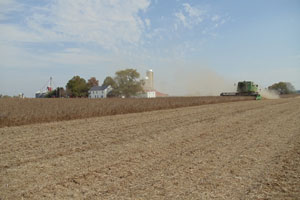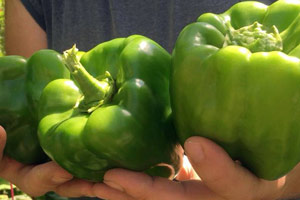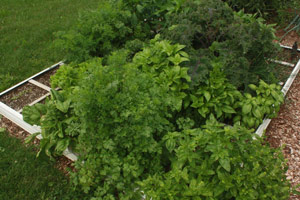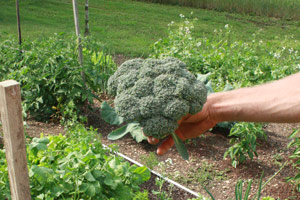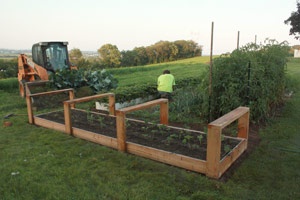How does Aeromaster Humus Technology impact the Chesapeake Bay and other pollution issues?
What is sustainable? Under a sustainable agricultural model, things continue as they have been and/or continually improve; unfortunately, this is not typically what is happening! We continually see an increase in fertilizer demands and use of herbicides, fungicides, and insecticides etc. Consequently, input costs continue to rise beneath an unstable market decreasing profit margins. Nevertheless, let's not lose heart, there is a way to decrease input cost and raise our profit margins while providing a sustainable Ag to pass on to the next generation! We have 5-year data proving the ability to lower fertilizer costs and yet increase yields.
With a heavy dependence on synthetic fertilizers and manures from concentrated animal units, there are many growing concerns about our environment such as the Chesapeake Bay pollution, ground water contamination, air pollution, and food safety issues. Careful consideration should be given to these issues by those of us involved in the ag industry as we are looking more and more at an agriculture that is increasingly unsustainable! Recently, more and more regulations are being placed on farms, particularly in the Chesapeake Bay Watershed area. But, it's not just the farming industry that holds part in the responsibility; but also landscape, golf course, lawn care, garden, and nursery industries etc. as well.
For years, synthetic fertilizers and manures have been dumped on our soils again and again, year after year. The problem is that many of these nutrients never get into the plant! Plus, the nutrients that do get into the plant will end up going into the plant in an unbalanced fashion and growing sick plants. Again we apply more chemicals to address yet another symptom. So, what is happening with the excess? Evaporation (air pollution), leaching (ground water contamination), run-off (stream pollution >> Chesapeake Bay pollution), and nutrient tie-up: these are the four major areas of loss. And, it's not just synthetic fertilizers and manures that are being lost, but many other fertilizers as well! What, then, can be done? Surely there is a solution to this problem; and the growing concerns are valid!
Aeromaster Humus Technology provides the answer to all of these issues, "humus." Humus is a word that is very unfamiliar to many and often, when it is used, is mistakenly interchanged with the term "organic matter." Organic matter, as is commonly used, refers to plant residue whether in plant form or broken down into its ionic form. Humus, on the other hand, is a carbon structure that is built through a microbial process (humus forming microbes) which polymerizes organic matter (in its ionic form) into carbon chains. In nature, humus is very slow forming. With most of our modern farming practices, humus is destroyed and/or its formation greatly inhibited.
So how does humus provide a solution? One of the many beneficial properties of humus is its powerful magnetic attraction. This allows nutrients to be solubilized and held in the soil reducing nutrient evaporation, leaching, run-off, and tie-up. When mixed with humus, nitrogen, minerals, and other fertilizers can be reduced and yet have a far greater impact on the crop it is growing by allowing more nutrients into the plant in a more balanced form. Other benefits such as loosening soils, reducing run-off, increasing water holding capacity, and balancing soils are also characteristics of humus. Humus Technology is so fundamental that it impacts all aspects of agriculture.
We must not make the mistake of ignoring issues of pollution such as the Chesapeake Bay, but rather do our part in taking preventative measures! Consider this, if there is a way to apply fewer fertilizers; get more nutrients into the plant; and all the while maintaining yields; would you not do it? What would happen if we would all work together on this endeavor? Let's face the facts, we do lose fertilizers/soil nutrients that become pollutants! What will you do about it?
Aeromaster Humus is made through a specialized composting process characterized by detailed recipes, aeration, moisture management, and microbial inoculants. In simple terms, organic matter is broken down into a high quality compost and then rebuilt (through humus microbial inoculants) into a stable carbon structure called Aeromaster Humus Technology. Aeromaster Humus Mineral Blends and Liquid Humus (Aeromaster Compost Extract provides a variety of ways for farmers, landscapers, and many other industry operators to embrace the benefits of this technology and address issues of pollution and runoff.
Related Links
Article: Improve the effectiveness of minerals and fertilizer.
Article: Balancing soils with humus.

